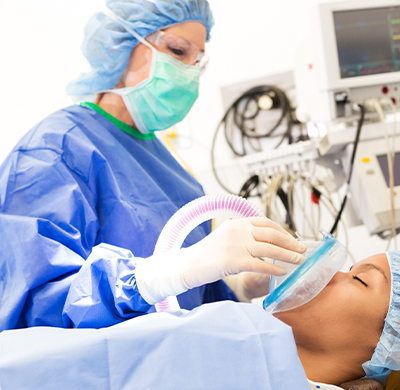Welcome to the Patient Education Library of Southern Regional Pain Services
Platelet-Rich Plasma (PRP) Therapy
Introduction
The body’s first response to any soft tissue injury is to deliver platelet cells. Filled with healing and growth factors, platelets jump start the repair process and attract the essential aid of stem cells. PRP therapy’s natural healing process magnifies the body’s efforts by delivering a higher concentration of platelets through a simple injection.
PRP therapy is associated with reduction in pain and faster healing, and has lower risks and lower costs than surgery.
Causes
A main benefit of PRP Therapy is that it provides pain relief and healing and can eliminate the need for surgery and prolonged recovery. It may also be used as a treatment for some people that are not candidates for surgery. PRP Therapy is a low-risk minimally invasive procedure. It uses the body’s own cells and natural biological healing process. The concentrated platelet rich plasma (PRP) that is injected into and around the point of injury jump-starts and significantly strengthens the body’s natural healing process. Recovery with PRP therapy is often much faster than with surgery. Because your own blood is used, there is no risk of a transmitting infection and a very low risk of allergic reaction.
Treatment
The procedure takes under an hour, including preparation and recovery time. Performed safely in the office, PRP therapy relieves pain without the risks of surgery, general anesthesia, or hospital stays and without a prolonged recovery. In fact, most people return to their jobs or usual activities right after the procedure.
Up to three injections may be given within a 3-month time frame, usually performed two to three weeks apart. You may, however, gain considerable to complete relief after the first or second injection.
The goal of PRP therapy is to resolve pain through healing. Initial improvement may be seen within a few weeks, gradually increasing as the healing progresses. Studies have shown PRP therapy to be effective at relieving pain and returning patients to their normal activities and daily lives. Both ultrasound and MRI images have shown definitive tissue repair after PRP therapy, confirming the healing process. The need for surgery can also be greatly reduced by treating injured tissues before the damage progresses and the condition is irreversible.
In the field of orthopedics, PRP Therapy is being studied for use in the joints, spine, bone, ligaments and tendons. Because the studies have used a small number of participants, larger studies are necessary before the results can be generalized. Researchers are optimistic that after future studies, insurance will cover the procedure, and speculate that the procedure may become a protocol before surgical treatment.

Copyright © - iHealthSpot Interactive - www.iHealthSpot.com
This information is intended for educational and informational purposes only. It should not be used in place of an individual consultation or examination or replace the advice of your health care professional and should not be relied upon to determine diagnosis or course of treatment.
The iHealthSpot patient education library was written collaboratively by the iHealthSpot editorial team which includes Senior Medical Authors Dr. Mary Car-Blanchard, OTD/OTR/L and Valerie K. Clark, and the following editorial advisors: Steve Meadows, MD, Ernie F. Soto, DDS, Ronald J. Glatzer, MD, Jonathan Rosenberg, MD, Christopher M. Nolte, MD, David Applebaum, MD, Jonathan M. Tarrash, MD, and Paula Soto, RN/BSN. This content complies with the HONcode standard for trustworthy health information. The library commenced development on September 1, 2005 with the latest update/addition on February 16, 2022. For information on iHealthSpot’s other services including medical website design, visit www.iHealthSpot.com.






